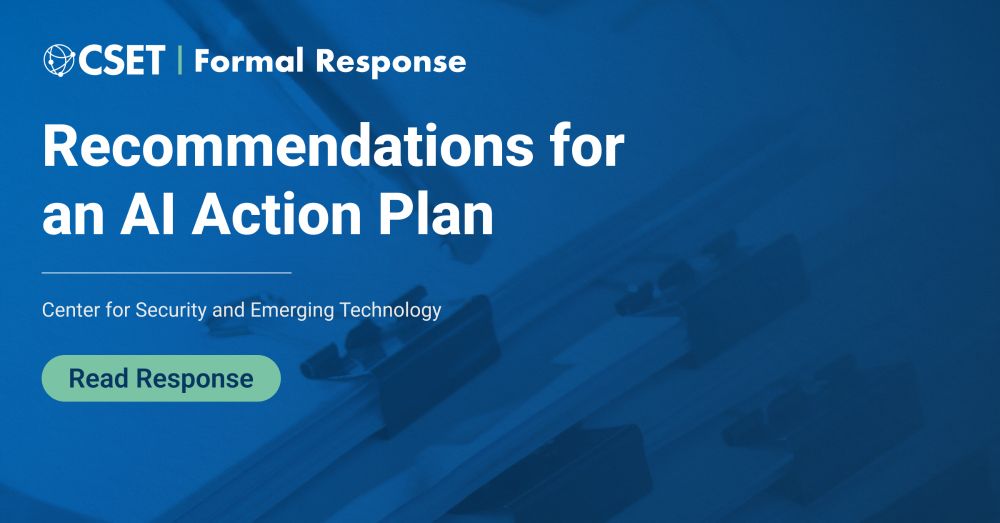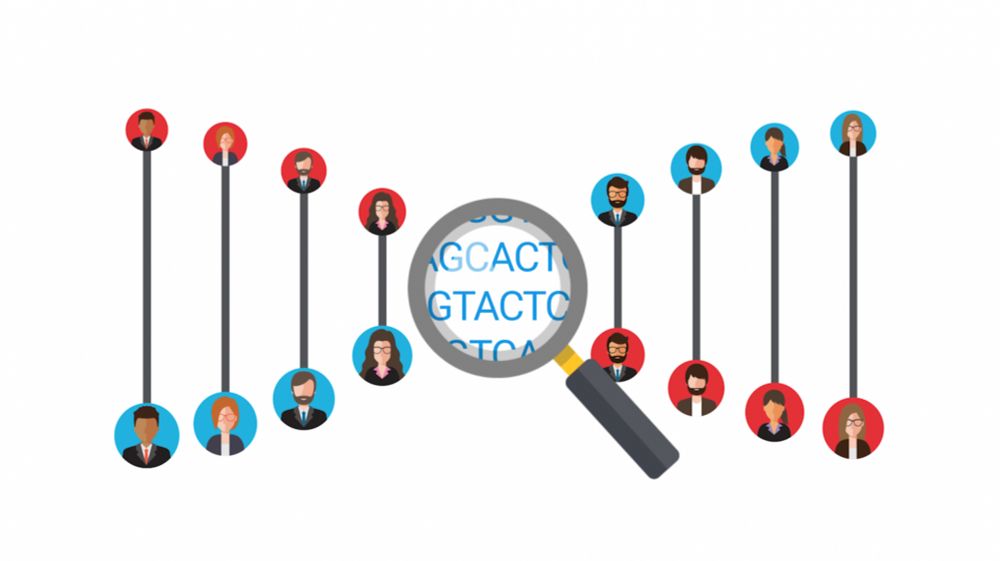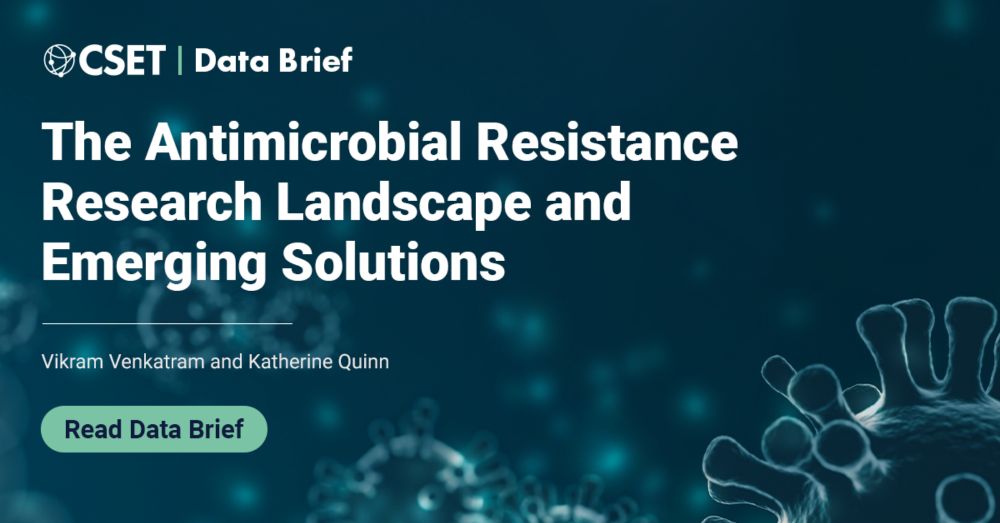1. Policymakers can use this approach to understand disagreements and shared views of proposal creators more precisely.
2. They can take action in an uncertain and rapidly changing environment by addressing common assumptions across governance proposals.
1. Policymakers can use this approach to understand disagreements and shared views of proposal creators more precisely.
2. They can take action in an uncertain and rapidly changing environment by addressing common assumptions across governance proposals.
To show this in action, our report analyzes five AI governance proposals, from different kinds of organizations, as case studies.
To show this in action, our report analyzes five AI governance proposals, from different kinds of organizations, as case studies.
Answering these questions will surface the foundational assumptions that make the proposals tick.
Answering these questions will surface the foundational assumptions that make the proposals tick.
With so many out there, how should people, from policymakers to other interested parties, understand and evaluate them?
This report proposes an analytical method to achieve that.
With so many out there, how should people, from policymakers to other interested parties, understand and evaluate them?
This report proposes an analytical method to achieve that.

Check out @stephbatalis.bsky.social and I's piece breaking down the kind of decisions screeners have to make: thebulletin.org/2025/04/how-...

Check out @stephbatalis.bsky.social and I's piece breaking down the kind of decisions screeners have to make: thebulletin.org/2025/04/how-...
The Action Plan's implementation and approach remain to be seen, but it should be careful not to nip useful state regulation in the bud.
The Action Plan's implementation and approach remain to be seen, but it should be careful not to nip useful state regulation in the bud.
And it's true that a complex thicket of onerous state laws governing AI could make it harder for AI companies to comply, harming innovation.
And it's true that a complex thicket of onerous state laws governing AI could make it harder for AI companies to comply, harming innovation.
They can also serve as a sandbox for experimentation and debate, allowing for innovation in governance approaches. The best governance approaches can inspire other states to follow suit.
They can also serve as a sandbox for experimentation and debate, allowing for innovation in governance approaches. The best governance approaches can inspire other states to follow suit.
These help provide clarity for companies and are crucial for innovation.
These help provide clarity for companies and are crucial for innovation.
It discusses the recent proposed ban on state AI regulation-which would have gone much further and, thankfully, did not pass.
thehill.com/opinion/tech...
It discusses the recent proposed ban on state AI regulation-which would have gone much further and, thankfully, did not pass.
thehill.com/opinion/tech...
As such, we argue that the proposed moratorium would be counterproductive, undermining the very goals it aims to achieve.
As such, we argue that the proposed moratorium would be counterproductive, undermining the very goals it aims to achieve.
This infrastructure helps achieve the moratorium's stated goals. It helps developers innovate, strengthens consumer trust, and preserves U.S. national security.
This infrastructure helps achieve the moratorium's stated goals. It helps developers innovate, strengthens consumer trust, and preserves U.S. national security.
Opponents cite congressional gridlock, partisanship, and lack of meaningful tech regulation, as proof state laws are needed.
Opponents cite congressional gridlock, partisanship, and lack of meaningful tech regulation, as proof state laws are needed.
Whether this is a good idea has been hotly debated.
Whether this is a good idea has been hotly debated.
AMR is a global problem, and people die from it everywhere. But as with many other problems, it affects the poor most harshly.
As a global community, we must fund more AMR research, and find ways to get drugs to those in need.
AMR is a global problem, and people die from it everywhere. But as with many other problems, it affects the poor most harshly.
As a global community, we must fund more AMR research, and find ways to get drugs to those in need.
cset.georgetown.edu/publication/...

cset.georgetown.edu/publication/...
These are treatable infections, but with the lack of access to the right antibiotics, they kill.
These are treatable infections, but with the lack of access to the right antibiotics, they kill.

